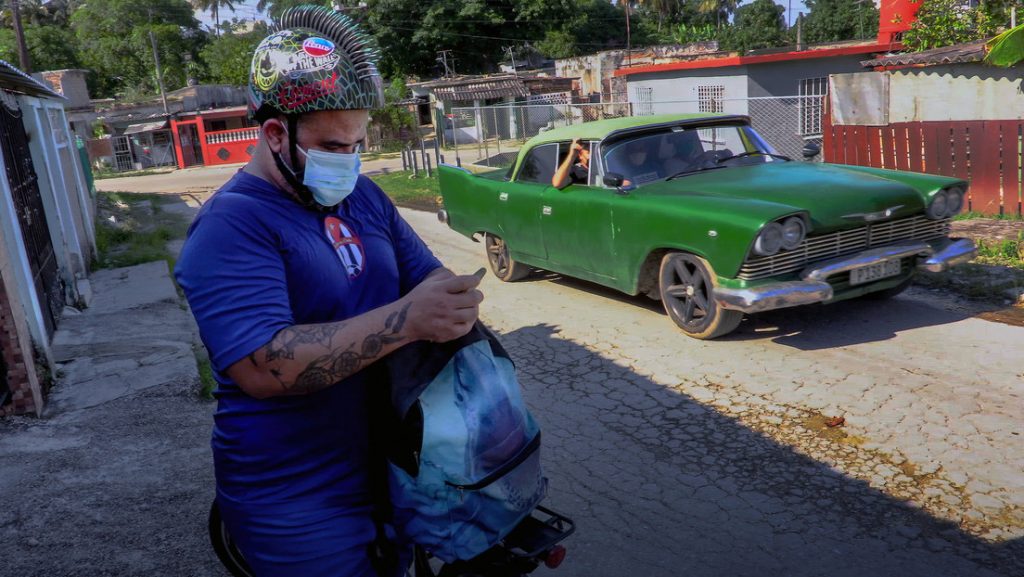Posted:
27 before 2021 16:03 GMT
The Foundation indicates in the resolution that it may authorize the use of certain virtual assets “for reasons of social and economic interest.”
The Central Bank of Cuba issued a Precision, published in the Official Gazette, through which it defines the rules governing the use of cryptocurrencies in Cuban territory.
Specifically, the Corporation regulates the use of certain virtual assets in commercial transactions and the licensing of their service providers for operations related to financial activities, exchange, collection or payment, both within and outside the national territory.
In the document, the central bank specifies “virtual assets” as “the digital representation of value that can be traded or digitally transferred and used for payments or investments.” Thus, the term includes different meanings used for the same purposes, such as “digital assets, crypto assets, cryptocurrencies, cryptocurrencies, virtual currency, and digital currency.”
Meanwhile, the concept Virtual Asset Service Provider It is defined as “any natural or legal person that engages, as a business or commercial activities, in the exchange, transfer or management of virtual assets and legal tender currencies,” as well as the exchange between one or more forms of virtual assets.
Authorization
The Central Bank states that it is the only entity responsible for authorizing the use of virtual assets of financial institutions and other legal entities to carry out monetary and commercial operations, exchange and redemption between them or with natural persons.

Likewise, central state administration agencies, political or social organizations or other institutions may use virtual assets only in cases authorized by the Central Bank.
The Foundation indicates in the decision that it may authorize the use of certain cryptocurrencies “For reasons of social and economic interest” for commercial transactions; As well as to grant a license to virtual asset service providers for operations related to financial activities, exchange, collection or payment, inside and outside the national territory.
According to the central bank, there are “fundamental risks of unauthorized use of virtual assets and their services,” so there will be “legal consequences arising from this, in the civil, administrative and criminal system.”
Last May, Cuban President Miguel Diaz-Canel said that his country was analyzing the “suitability” of using cryptocurrencies to carry out economic operations in the territory.
Among the most popular cryptocurrencies on the island are Bitcoin, Ethereum, Litecoin, USDT, reconsidering Cubadebate.

“Social media evangelist. Student. Reader. Troublemaker. Typical introvert.”

:quality(85)/cloudfront-us-east-1.images.arcpublishing.com/infobae/TEQF6EONZRFGLLLDIDD4L2O4EE.jpg)

:quality(75)/cloudfront-us-east-1.images.arcpublishing.com/elcomercio/XU32LRAEZFDDPNVHLFU3CKVBYY.jpg)



More Stories
Bank of America has taken a drastic measure that could affect thousands of customers
With the effect of lifting, illuminating and moisturizing
$1 bills can cost up to $150,000 due to a printing error